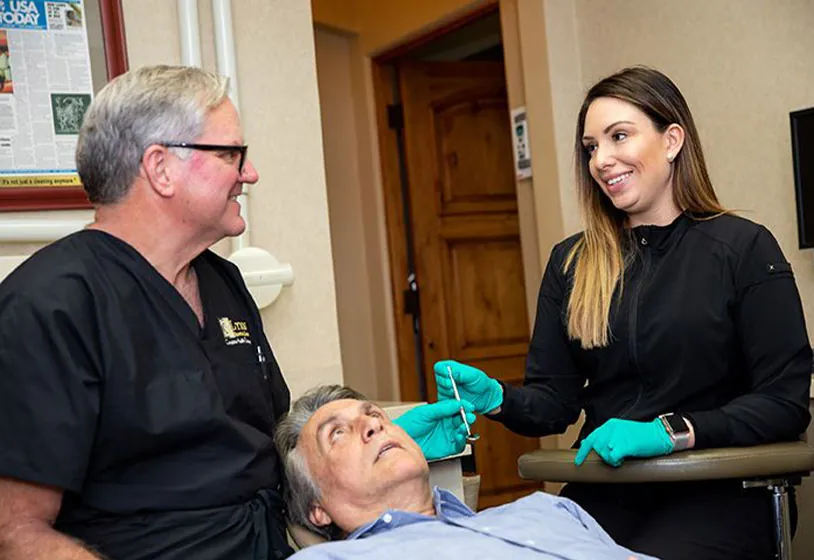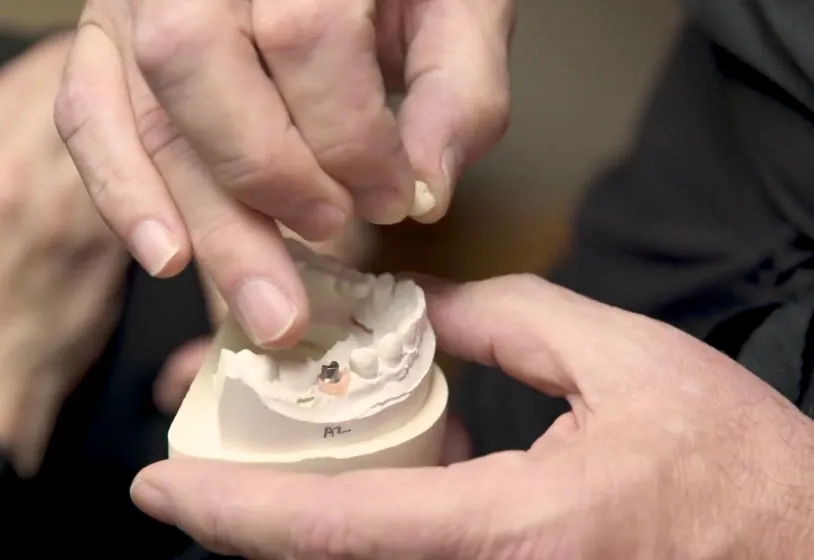Complete Health
Dentistry
Modern, Comprehensive Dentistry in Dallas
Lynn Dental Care is more than just your average periodontist in Dallas. We are a dental home for periodontal health, cosmetic dentistry, and dental wellbeing. We are dedicated to treating patients with an unparalleled level of respect and care, and pride ourselves in offering patients a variety of services in one convenient location with state-of-the-art technology.
Special Offers
At Lynn Dental Care, we are committed to helping each patient receive the treatment they deserve.
Offers Expire: April 30th, 2024
Dentistry That Feels Like Home
At Lynn Dental Care, we want to make you feel like family. This means you can expect the same level of care you would give to the important people in your life. Thanks to Dr. Lynn's advanced knowledge and periodontal skills, our office is able to offer additional services rarely found at other practices. As a dentist office the whole family can trust, our team is here to exceed your expectations.

Meet Dr. Lynn
Dr. Brock Lynn is consistently implementing new techniques and technologies to advance his dental practice. He believes in the power of knowledge, and he is dedicated to educating himself, his Lynn Dental Care team, and his patients, because that is the key to comprehensive care.

Your Health Comes First
Our patients' complete health is at the forefront of everything we do. We invest in procedures like SMART silver filling removal, metal-free ceramic implants, and advanced laser dentistry to provide comfortable, effective, and health-focused care.
Featured Services
Visit Us Today
6190 Lyndon B Johnson Fwy Suite 900Dallas, TX 75240
- Monday:
- 8:00am - 5:00pm
- Tuesday:
- 8:00am - 5:00pm
- Wednesday:
- 8:00am - 5:00pm
- Thursday:
- 8:00am - 5:00pm
- Friday:
- 8:00am - 12:00pm
- Monday:
- 8:00am - 5:00pm
- Tuesday:
- 8:00am - 5:00pm
- Wednesday:
- 8:00am - 5:00pm
- Thursday:
- 8:00am - 5:00pm
- Friday:
- 8:00am - 12:00pm


